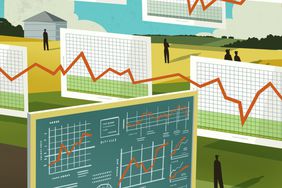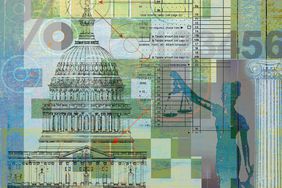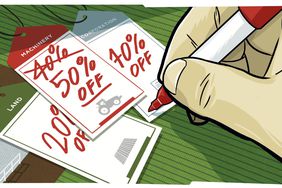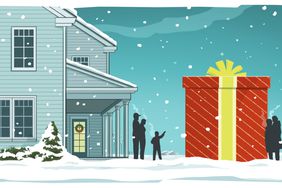:max_bytes(150000):strip_icc()/money-pile-e89d3936268248d4bb028d66dac21517.jpg)
After you've seen 5,000 tax returns, you start noticing common mistakes that people make, including farmers and other business owners.
As a tax preparer, there are some common mistakes I see every day. Here is a list of mistakes to avoid, at this time of the year.
1. Too complex of an entity structure
Some people try to set up overly complicated structures too soon. They come into my office trying to open two or three companies and start a salary for the owner. Then I ask, ""How much profit are you making?" When they respond that they're just getting started and making no profit, I always recommend they wait six months to see how things go.
Oftentimes, there is still no profit six months later or not enough to worry about. You can fire up an S-Corp or an LLC in a few weeks, so there is no need to go into a mad rush the day after you have an idea for a business.
Just be a sole proprietor until you prove the ability to make a profit. Any entity will work for losing money.
2. Too simple of an entity structure
On the other end, I frequently see a business take off while it continues to run as a sole proprietorship.
A good example comes to mind. A young dentist came to see me to have his tax return done. This was his first year in business, and he made $85,000 net as a sole proprietor (subject to self-employment tax). After I told him that he owed $17,000, he pretty much broke down in tears.
He didn't have the tax money; it had all been used to rehab his house. The existence of income tax should not be surprising, but it often is.
A better entity would have reduced his taxes, and some tax planning would have warned him about the coming tax bill.
3. Having no idea where you are on taxable income
After the year is over, it's pretty much too late to do any significant tax planning, like purchase equipment or defer revenue.
Many times I've had to tell people (after the tax year is over) that their income has tripled or quadrupled vs. last year. Now what? An angry taxpayer, a giant tax bill, and insufficient funds to pay it.
4. Failing to contribute to a retirement plan
It's amazing to me how few people max out retirement plans. Deferring 20% of your income tax decades into the future is a pretty safe bet.
It's going to be a mathematical winner almost every time, but most people don't do it. You can use many different instruments like simple IRAs, SEPs, or solo-401Ks.
So, get one and max it out, if possible.
5. Having everything in a retirement plan
Lately, I've been noticing some older taxpayers with the opposite problem. All of their money is in IRAs. Every time they need a $20,000 home repair or a $40,000 truck, they have to hit up the IRA and pay tax on the extra distribution.
Then the extra $10,000 income tax bill comes, and they have to hit up the IRA for that too, which causes more taxes.
The moral of this story is to keep some extra nonretirement-plan cash available during retirement.
6. Failing to understand the relationship between debt and taxes
Consider a young farmer who tells his CPA, "It's December 1 and it looks like I'm going to make $200,000 in profit. What can I do?" The response will likely be, "Buy a $200,000 tractor before December 31."
That's beautiful for this year when the farmer borrows $200,000 and wipes out his entire tax bill.
However, the trouble comes when he decides to pay back the loan in year two or three. He has to profit $200,000 to get the money, hand it all over to the bank, and then pay $50,000 tax on the profit, while having no cash left to do so.








